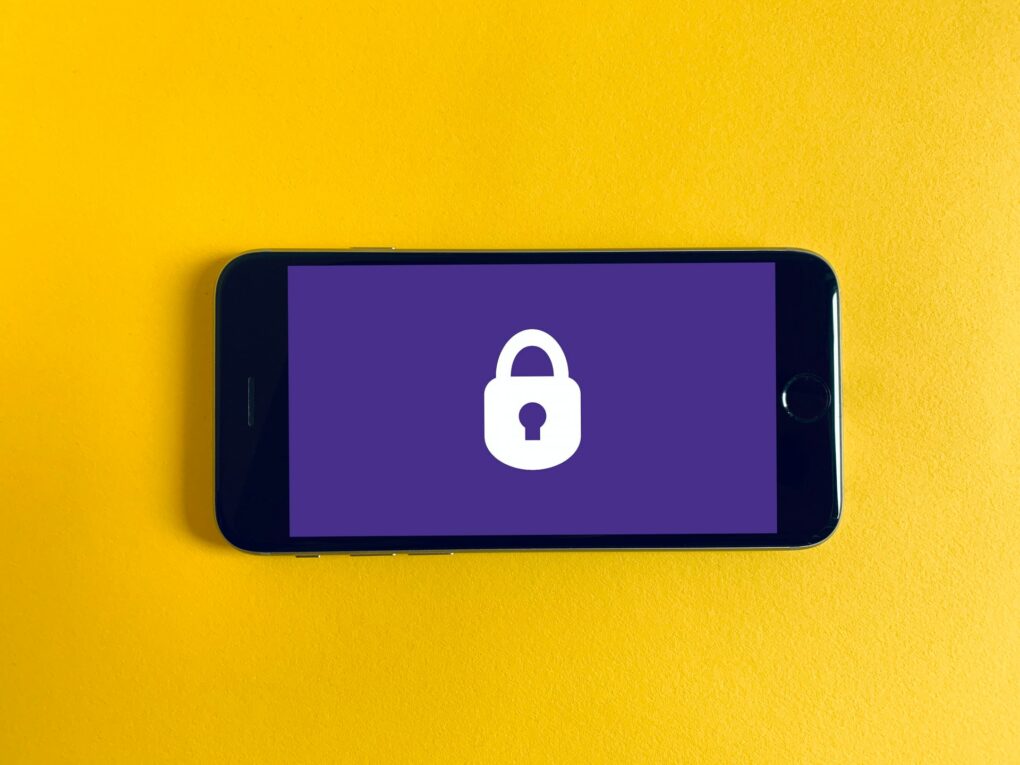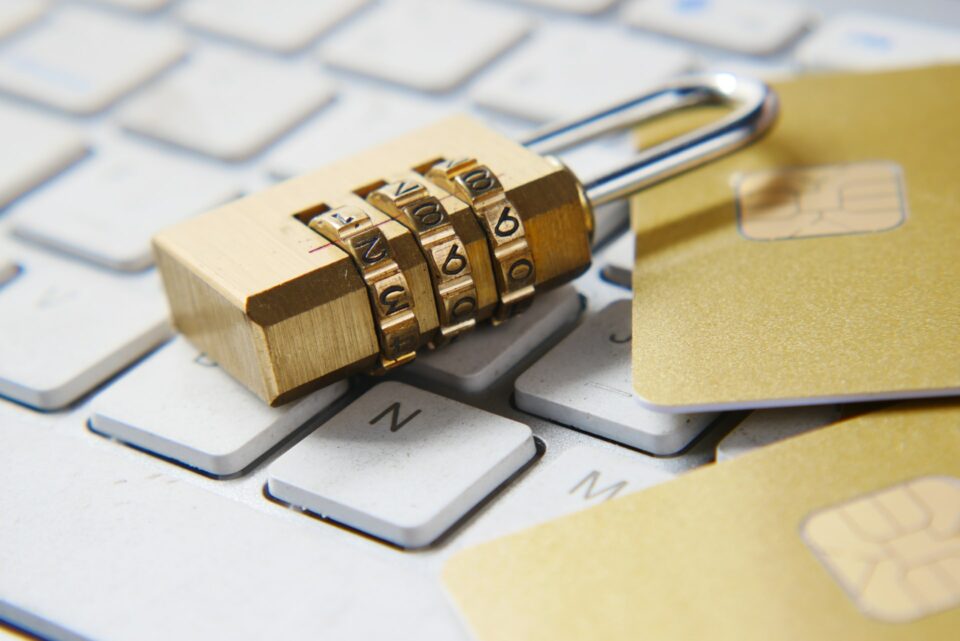Using the internet is something that we all do on a day-to-day basis, and the idea that there’s danger in everything you do is generally ignored. It’s a less alarming threat because most people know how to avoid having their information stolen from them – making it more difficult for scammers and phishers to take advantage of people. However, you should know that your information could be in danger no matter how careful you think you’re being.
The security you wish to keep over your personal information is completely up to you, but you should make sure you understand what you’re doing, and where it’s going when you’re giving it out.
Ignore social media “quizzes”
If you’ve ever used social media platforms like Facebook, you might have seen these fun quizzes being sent around that ask you for seemingly harmless information. It could be asking about your birthday, it could be asking the name of your pets, it could be asking anything about your life. While it might not sound like a big deal to give out information like that, it could be a ploy or a mock quiz attempting to get you to give out answers to potential security questions.
A lot of those “what’s your personality?” quizzes or “what character are you?” aren’t always made with innocent intentions, and it’s important to be aware of what the information you give away can be used for.
Secure password choices

Passwords are a tricky subject for some people. Everyone knows that a password is sometimes the only thing keeping people out of your private accounts, but making them secure can be a challenge for those who are less security conscious. It has to be easy to remember and quick to type, and that leads people to turn towards passwords that are obvious to them – or at least less secure than they should be.
Setting a secure password is essential, especially with how connected the internet has become with our lives. Someone getting into your email could lead them to get their hands on many other accounts that you own, and could even cost you serious amounts of money..
Read the privacy policy
If you’re worried about where your personal information is going, you should do your best to stay on top of things like privacy policies. Companies update their policies all of the time, and you can check out the WhatsApp privacy policy for an example of what you should know. Some companies might be oversharing your data, and if you agree to it without reading, you’re giving consent for them to share it.
Don’t click on random links

Those who aren’t used to the internet can learn the hard way how important it is to ignore links sent without any context. Most commonly, you could receive links through your email claiming that you’ve won something, but unless you’ve given your email to that individual or online business; the chances are that it’s an illegitimate claim and a phishing link.
It’s not just your emails, in some cases, these messages can come from friends’ accounts. If a friend has fallen for one of these links, some platforms allow the sender to access the victim’s messages and send the same link out to more of their friends. This is an easy one to fall for, as when a friend sends it to you, it’s much easier to trust. If you receive a link or a message from a friend that seems a bit odd, you should confirm it with them first to make sure you’re not clicking on a dangerous link.
